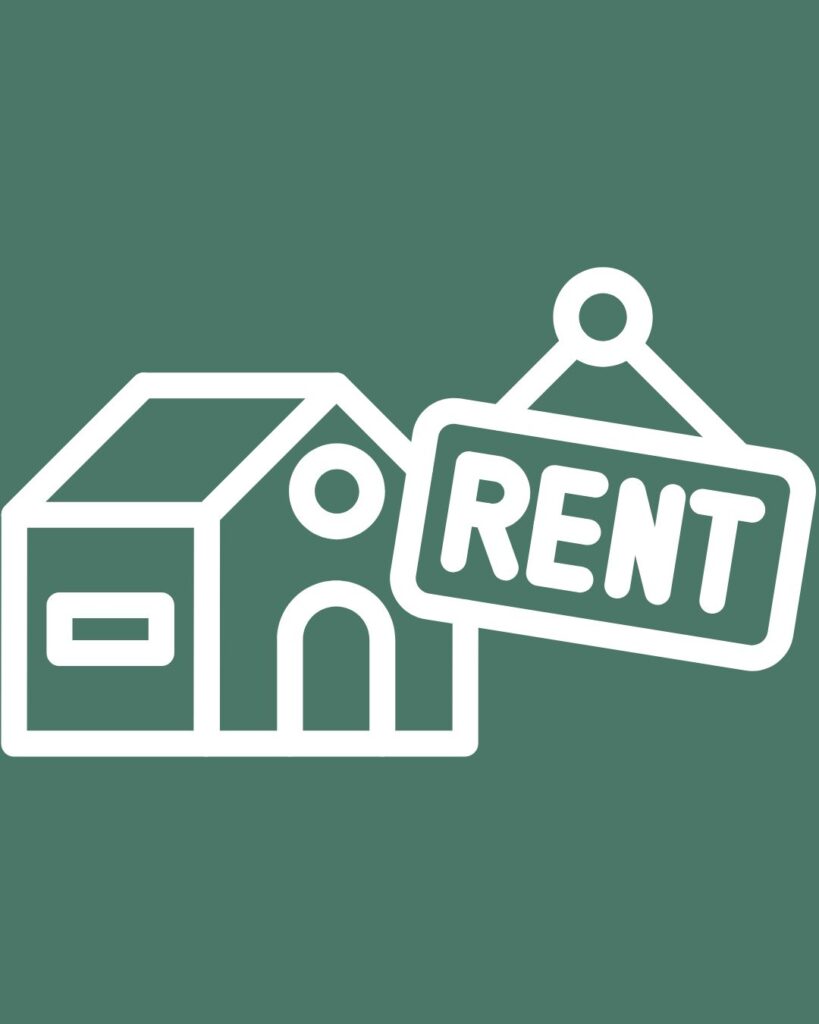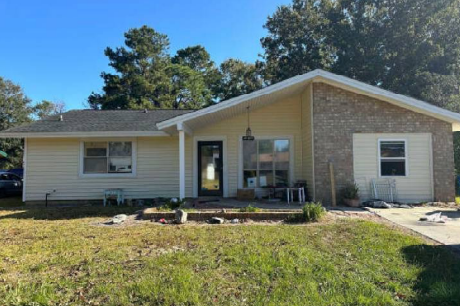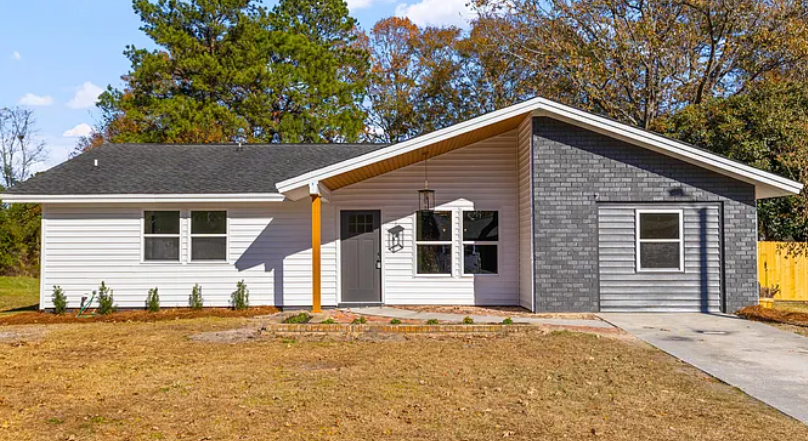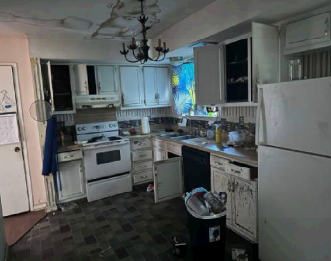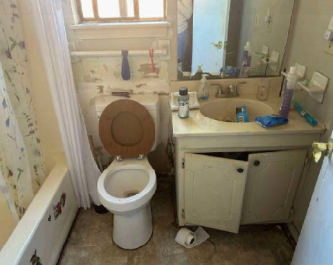Why the best opportunities aren’t listed—and how to uncover them.
In today’s competitive real estate market, especially across the Carolinas and Savannah, GA, the best investment properties often never hit the MLS. They’re scooped up by investors who know where to look—and more importantly, how to act quickly.
At Low Tide Private Lending, we work with experienced investors every day who are successfully sourcing off-market properties. Here’s how they’re doing it:
1. Drive for Dollars
Old-school but effective. Spend time driving through neighborhoods where you want to invest. Look for telltale signs of distress:
- Overgrown grass
- Peeling paint
- Boarded-up windows
- Overflowing mailboxes
Make note of these properties, and use skip tracing (see below) to contact the owners directly.
2. Skip Tracing & Cold Calling
Once you identify a potential property, use skip tracing tools to find the owner’s contact information. Some popular options include:
- BatchSkipTracing
- TruePeopleSearch (free option)
- BeenVerified or REIRail
Yes, it takes time and a thick skin—but direct outreach is often what it takes to land the deal before anyone else even knows it’s available.
3. Direct Mail Campaigns
Direct mail still works—especially when it’s targeted. Send postcards or letters to:
- Absentee owners
- Out-of-state landlords
- Properties in probate
- Owners who bought over 10+ years ago
Tip: Keep your message simple and personal. Avoid flashy designs—those often get tossed. Handwritten envelopes perform best.
4. Build the Right Relationships
Networking isn’t just about shaking hands at meetups. Build relationships with people who regularly interact with distressed or inherited properties:
- Wholesalers
- Probate attorneys
- Code enforcement officers
- Contractors
- Property managers
Let them know you’re actively buying. Referrals can be gold.
5. Use Tech to Your Advantage
There are great tools available now that make off-market deal hunting easier:
- PropStream – Filter by equity, distress, lien status, and more
- DealMachine – Ideal for driving for dollars and sending mail in one app
- REIRail – Great for finding and contacting motivated sellers quickly
Invest in the right tools if you’re serious about finding hidden gems.
Final Thought: Hustle Beats Competition
Finding off-market deals isn’t easy—but it gives you a huge edge. While others are fighting over listed properties, you’re quietly making offers and building wealth. Just make sure you’re ready to move fast once you find the right deal.
That’s where we come in.
At Low Tide Private Lending, we specialize in funding off-market deals quickly and reliably. We know time is money—and we won’t slow you down.
📞 Ready to fund your next deal? Call 1-844-LOW-TIDE (844-569-8433)
Let’s get to work.


